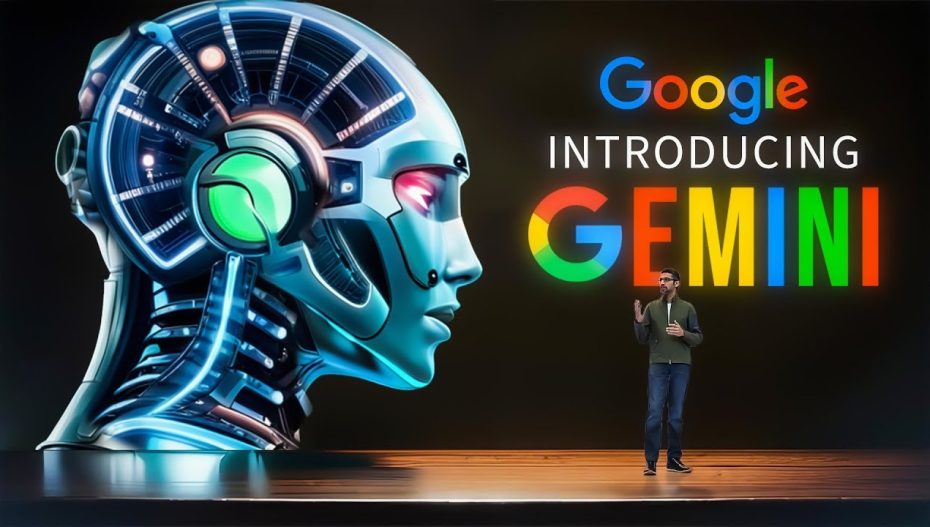When ChatGPT was launched, users awaited a response from Google, perceived to be playing catch-up, following this Artificial Intelligence (AI) revolution.
Not the one to go silent or wait and watch, Google has an answer. Finally.
Google has announced the arrival of Gemini, a large language model.
“One of the powerful things about this moment,” Google CEO Sundar Pichai told media houses, “is you can work on one underlying technology and make it better and it immediately flows across our products.”
Gemini is not just an AI model. Its lighter version, Gemini Nano runs offline on Android devices. A stronger version Gemini Pro should drive lots of Google AI services.
Further, an even better model Gemini Ultra is tailor-made to serve data centres and enterprise applications.
Starting December 13th, developers and enterprise clients will have access to Gemini Pro via Google Cloud’s Vertex AI or Google Generative AI Studio. As of right now, Gemini is only available in English; other languages should be added shortly. However, Pichai claims that the model will eventually be included globally into the Chrome browser, Google’s search engine, and its ad products. Gemini is Google’s future, and it has arrived far too soon.
Now, the inescapable question. OpenAI’s GPT-4 versus Google’s Gemini. How does the contest pan out? “We’ve done a very thorough analysis of the systems side by side, and the benchmarking,” Google DeepMind CEO Demis Hassabis was quoted as saying.
Google, claim reports, ran 32 widely-used benchmarks comparing the two models. “I think we’re substantially ahead on 30 out of 32” of those benchmarks, Hassabis said. “Some of them are very narrow. Some of them are larger.”
Where does Gemini score?
In understanding and interacting with video and audio, Gemini has a clear advantage. Multimodality is its USP. Google, reports have highlighted, doesn’t have different models for images and voice like OpenAI’s DALL-E and Whisper. It has created a multisensory model.
For now, text in and text out are Gemini’s models. “It’s going to get even more general than that,” Hassabis said. “There’s still things like action, and touch — more like robotics-type things.”
“These models just sort of understand better about the world around them.”
The more they experience the models, Hassabis believes, the better they’ll get.
Trained on Google’s own Tensor Processing Units, Gemini is reportedly more efficient. Additionally, it’s faster and cheaper to run that Google’s earlier models like PaLM.
Google is also upgrading its TPU system, the TPU v5p, a computing system designed for use in data centres for running large-scale models.
Google claims to have put a lot of effort into ensuring Gemini’s responsibility and safety through red-teaming and internal and external testing. Pichai notes that the majority of generative AI revenue comes from enterprise-first products, for which guaranteeing data security and dependability is especially crucial. However, Hassabis admits that one of the dangers of implementing a cutting-edge AI system is that it will undoubtedly have bugs and vulnerabilities that no one could have foreseen.
Also Read: K-pop Star Aoora to Enter Bigg Boss 17 as Wild Card Entry











